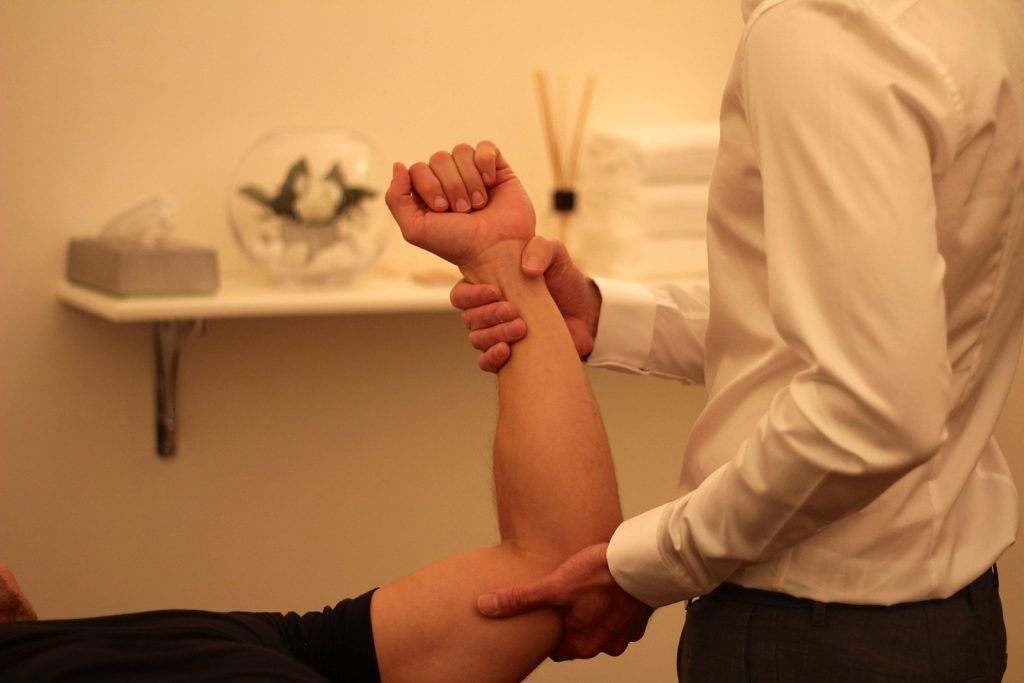
Think back to any gym you’ve been a member of over the years. In particular think about the personal trainers you saw working there. Did you ever notice how they trained their clients?
Did the Olympic lifting guy for example, have all his clients picking up big weights from the floor and then dropping them loudly?
Did the former boxer have all her clients punching something?
What about the ex sprinter, were all his clients doing speed drills?
True right? Trainers are generally biased towards a certain way of training based largely on their experience.
Bias also exists in rehab
If you go to a chiropractor they will usually assume your symptoms are related to a misalignment of your joints. Likewise a podiatrist will believe most of your ills can be traced to your feet.
I certainly have a bias to my approach and this comes from both my education and perhaps more so, from my experience of trying to improve the function of my client’s bodies over the years.
My bias
It occurred to me some time ago that meaningful change can only really take place when your muscular system is effectively targeted and strengthened. Anything else is just symptom reduction and short term.
The key to sustainable long term change therefore is knowing how to do this.
This is the tricky bit. Not everybody with back pain for example is going to get better after a few deadlifts. Some people will get worse.
First it’s necessary to identify exactly what’s weak, isolate it as much as possible and then progressively challenge it. A deadlift that actually benefits you may take a few weeks to get to.
When somebody describes their issue to me my bias is to investigate the contribution weakness in their muscular system is having. Largely because it’s usually significant and largely because I can change it relatively quickly.
7 injury rehab principles for long term success
1) Adding strength is always a good idea but the challenge has to be appropriate.
2) Our bodies adapt precisely to the forces placed on them. In order to create further adaptation we must vary those forces. Precisely.
3) Muscle tightness is always secondary to muscle weakness. Somewhere.
4) When things aren’t going well, more is not usually the answer. Unless we’re talking about sleep.
5) When it comes to resistance training, slow is better for 98% of the population. Only 2% of the population actually train this way however.
6) There’s no magic area of the body to focus on. The magic comes from focussing on the areas that are weak.
7) An appropriate, well executed resistance training programme will solve many issues. Appropriate is different for everybody however.